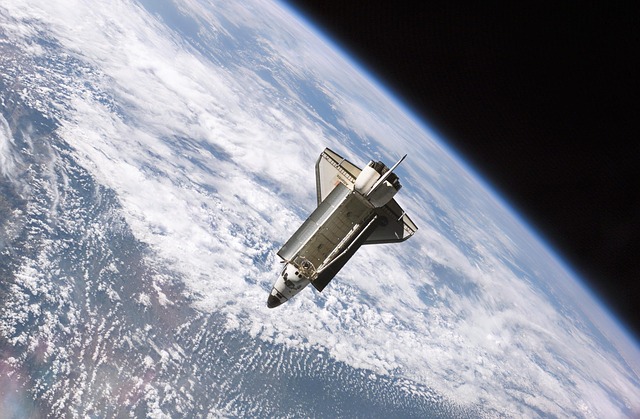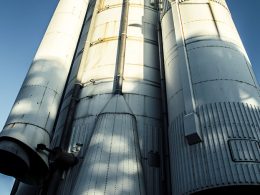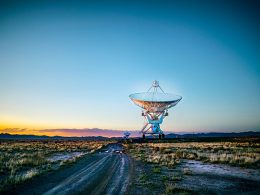The European Space Agency (ESA) has awarded a contract of €86 million ($102 million) to Swiss company, ClearSpace, to remove thousands of space debris in the Earth’s orbit. It is the first-ever space cleanup mission to be awarded or embarked upon by any space organization. The awardee plans to launch a special satellite that will get the job done by 2025.
Space scientists say thousands of defunct satellites and pieces of space junks litter space and continue to circle our Earth since they had been launched into Low-Earth orbit. Experts say these space debris constitute collision risks to functional satellites that are transmitting scientific information to our world, and that the International Space Station (ISS) is not even safe from these junks.
ESA Director-General, Jan Worner, stated that the risks posed by thousands of sailing space junks can be likened to the experience of trying to sail the oceans in the face of thousands of wrecked ships drifting on the waters. He said if all the ships that had ever been lost in history were still drifting on top of the water, it would be virtually impossible for any other ship to navigate such waters with ease.
Founder and CEO of ClearSpace, Luc Piguet, disclosed that the problem of space debris is even more bothersome considering that space companies are still planning to launch thousands of satellites into Low-Earth orbit in the coming years. He said without a “tow-truck” to remove all the failed satellites in the highly-trafficked space region, many new satellites will face a lot of navigation problems.
ClearSpace will be launching the first space cleanup mission known as ClearSpace-1 in the next couple of years. The spacecraft will go after a disused fragment of the rocket which was used to launch a satellite into space in 2013. The discarded rocket fragment is known as Vega Secondary Payload Adapter (VESPA) and weighs approximately 112 kilograms (247 pounds). ClearSpace-1 will drag Vespa into our atmosphere where it will burn up before targeting other space debris and disused satellites for the same treatment.
ESA says it is better to pay a space company to remove floating debris from space instead of constructing a specialized spacecraft for the mission. However, ESA will still provide needed key expertise for the mission, while ClearSpace will generate more funding for the mission through commercial investors.
Source: dw.com









